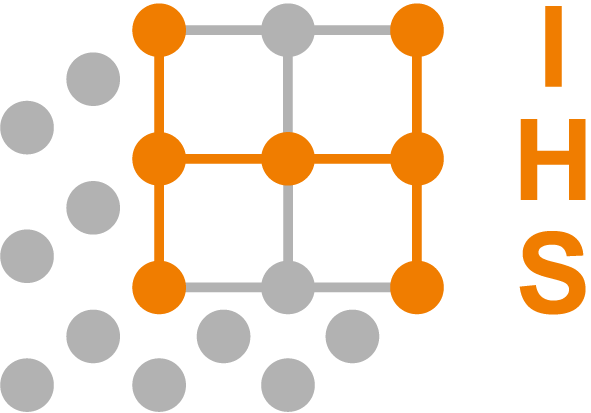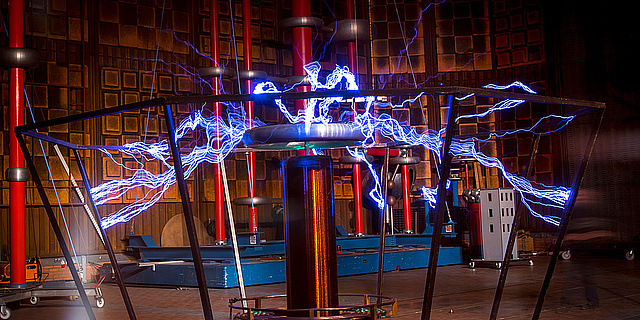Currently, electric energy produced in offshore wind farms is transmitted over long distance from the sea to the mainland with high-voltage DC transmission resulting in very low losses. Due to the rapid developments in power electronic components and systems, the use of DC networks is also of interest for the medium and low voltage levels. Together with Graz University of Technology, AIT is developing methods for testing and validating components and systems for these networks in the "Austrian DC Labs" project of the Climate and Energy Fund. The aim is to support domestic developers and manufacturers of power electronic components in global competition.
Higher efficiency for our grid
There are several reasons for the growing interest in direct current networks (DC grids), as project leader, Johannes Stöckl, from the AIT Center for Energy explains. "Many components relevant for the energy system of tomorrow, e.g. Photovoltaic systems, electric storage or rechargeable batteries for electric vehicles, work with direct current. So it makes sense to couple these components right away in a DC network – this does not only reduces energy losses caused by the conversion between direct current and alternating current, it also makes the complex synchronization of the frequencies redundant". However, until now, no suitable test methods are available for new components and systems required for this purpose.
Together with Graz University of Technology, AIT wants to close this gap. Numerous successful national and international carried out in recent years bear witness to the pioneering role in low-voltage hardware-in-the-loop (HIL). In the process, real components are connected to a simulated AC grid in order to investigate the interactions between the component and the grid. Now, this know-how is to be transferred to DC systems. "In the project, we want to lay the foundations for the development of HIL tests for complex DC low-voltage networks with a higher number of interfaces and applications," says Stöckl.
Top infrastructure as benefit for our industry
In a further step, the operating experience gained from the operation of low voltage range shall be applied to the medium and high voltage levels. With the SmartEST Laboratory and the High Power Laboratory of the AIT and the Nikola Tesla Laboratory of Graz University of Technology, a Europe-wide leading laboratory infrastructure is available for all voltage levels.
However, the project objectives go beyond purely technical aspects, as Stöckl notes: "Above all, it is important to be able to offer the industry tailor-made methods for the validation of its newly developed products in the future, which is why we want to include manufacturers of power electronic components for future DC grids into the development process." As part of the project, stakeholder workshops are planned to discuss future test and validation needs for the new components and networks and to transfer the gained know-how to the industry.
- This research area is anchored at Graz University of Technology in the Field of Expertise "Sustainable Systems", which is one of five strategic focus areas.

